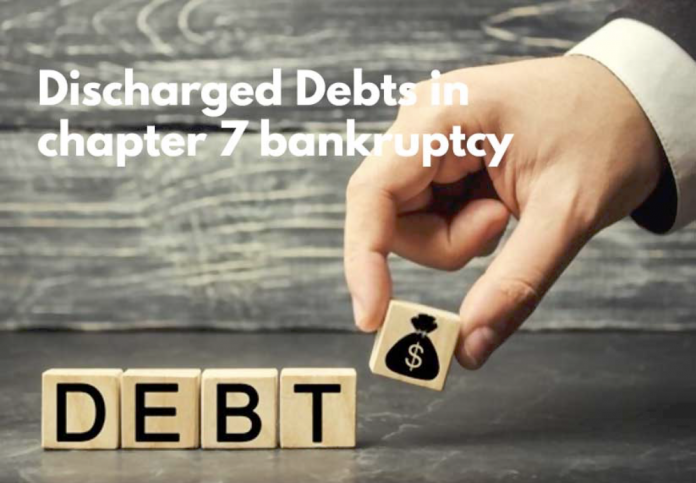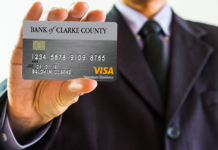Table of Contents
Debts discharged in bankruptcy

People often believe that the debts associated with bankruptcy shall be discharged. However, it does not hold in all cases. There are a few debts that cannot yet be discharged. It would help if you had an idea of those debts which can be released. This knowledge can help you while intending to approach the court to settle the bankruptcy issues and file for it.
When they say that a debt is discharged, then it implies that you are not liable for it, further. There are two formats in which this can be undertaken while approaching the court. One can file it under chapter 7. In this case, for about a couple of years, the debt shall be displayed on their credit report. However, the creditors are not permitted to ask you to pay off their debts more information Click here.
This is not the case while filing the claim under chapter 13. Under this circumstance, the person approaching the court or Debt Collectors shall be given one time to pay off their debts. This period shall vary from three years to five years. Once this stipulated time is over, the obligations that remain for discharging can be discharged.
To get a better idea on which all debts can be discharged in the backdrop of bankruptcy, you can research online on sites like HuffPost.
Debts that are discharged in chapter 7

Filing for bankruptcy helps you to write-off most of your debts. Those debts that you are liable to before filing for bankruptcy are only the debts that can be discharged. Hence, if you get into debt afterward, you will not get the same privilege. For all those debts that came up after the process of filing for bankruptcy, indeed, you are liable and held responsible for it.
Once you file for bankruptcy, not each of your debts shall be discharged. However, some of them can be. The list of those possible debts that shall be conveniently discharged is listed below.
- Hospital bills
- Credit card bills
- Deb collector holding Accounts
- Utility bills
- Excess payments after repossessions
- Claims for personal injury except those for the accidents that occurred due to drunk driving
- Bad checks except for the fraudulent ones
- Lease fees and rent arrears
- Civil lawsuit orders except for the fraud cases
- Penalties and back taxes
- Social security benefits and veteran assistant loans that were overpaid
- Business credit
- Balances of charge account
Debts charged in chapter 13

This chapter is of the viewpoint that the debts cannot be discharged at once. A time period is provided for you in the hope of repaying the creditor. This period shall vary from anywhere between three to five years. It is during this period that secure loans can be refunded. If you hold arrears, resume paying it along with the regular payments.
Meantime, you can also decide to hand over the collateral’s ownership that helped you get the loan. Once this stipulated repayment period is over, the remaining debts will be discharged. Most of those debts that can be released under chapter 7, as listed above, shall also be removed here. Also, some other debts can be discharged under this chapter apart from that for segment 7. They are listed below.
- Debts that can come up once you purposely destroy your property. However, the liability shall persist if you dangerously injure another person.
- A few Non-dischargeable debts like student loans shall be discharged under this.
- Any debt other than spousal support and child support that follows with divorce and separation settlements shall be discharged. Attorney fees can also come here.
- Homeowners who have incurred home equity loans or in possession of second mortgages shall be benefited under chapter 13. Once it is proved that the amount owed is higher than the first mortgage, these loans will be stripped off.
You must be aware of the debts that can be discharged under different chapters to make use of this while filing for bankruptcy. There are mainly two chapters that deal with such issues. They are chapter 7 and chapter 13. Make sure that you are honest regarding all your debts while filing for bankruptcy and approaching the court. If you fail to indicate any liability, then those shall not be discharged.
Since your cosigners will be held liable for the full debt sum, you must inform them that you are going to file for bankruptcy, beforehand. As the debts are your burden, settling it can be easier if you make payments. In cases you shared money, repay the amount on your part, and leave the remaining for the others.
If you feel unable to pay off your debts, filing for bankruptcy should not be your first step. Think on and make your efforts. If everything else fails, only then it is advisable to file for bankruptcy. This is because this will persist in your credit report for a few years and reflect your credit number.



